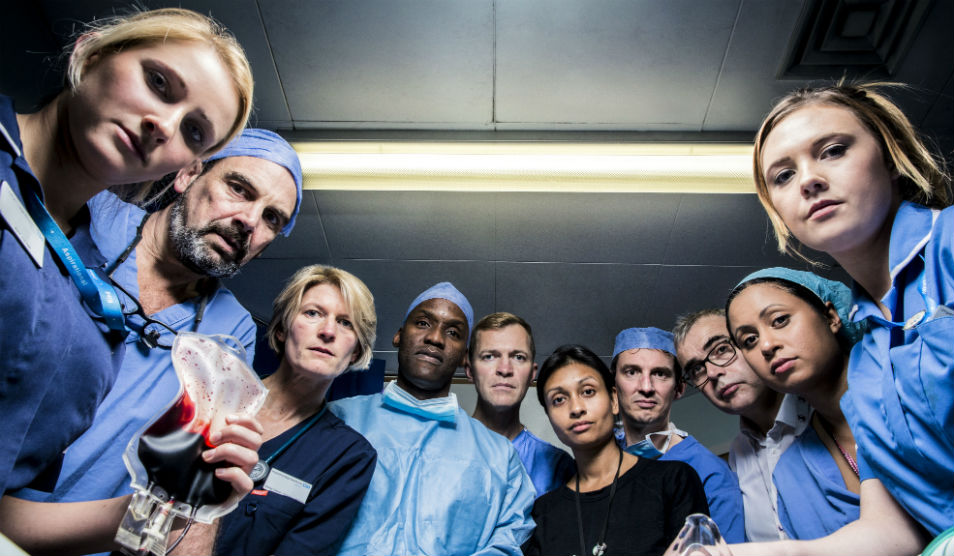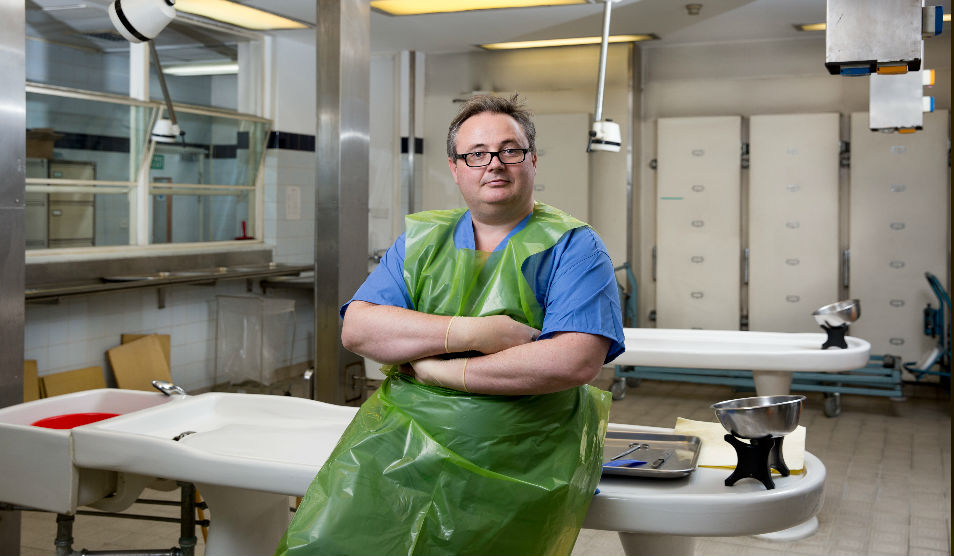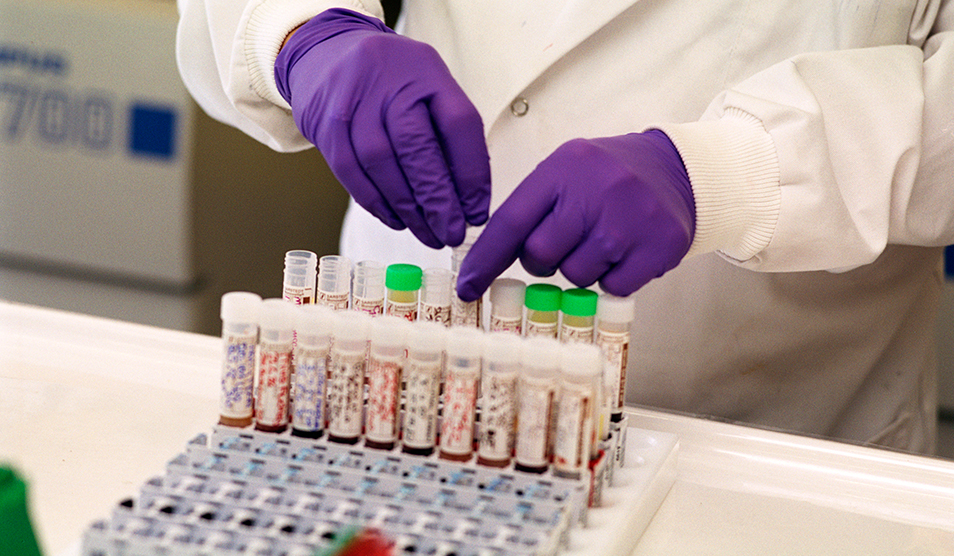Remembering Professor Mohamed Sami Shousha
Professor Mohamed Sami Shousha, consultant histopathologist, clinical lead for the breast histopathology service at Imperial College Healthcare NHS Trust, and an honorary professor of histopathology at Imperial College London, died on Thursday 2 April 2020.
He trained in histopathology at The Royal Free Hospital and the School of Medicine, London. In 1978 he joined Charing Cross Hospital, where he spent the rest of his career. He published over 290 papers, review articles and chapters in books and taught countless students and professionals throughout his career. His encyclopaedic knowledge of breast histopathology made him an international expert on the diagnosis and characterisation of disorders of the breast, and many histopathologists sought his advice as his reputation grew and he was made an honorary professor at Imperial College London. Colleagues remember him as an exemplary, passionate clinician who will be sorely missed.
Professor Tim Orchard, chief executive, said:
“We were so grateful for Sami’s world-renowned expertise in the field of breast pathology. With his kind, caring nature, legendary dedication to work and passion for teaching, he influenced the careers and touched the lives of so many people.
Professor Shousha’s colleagues share their fond remembrances of him below:
“Professor Sami Shousha was an exemplary clinician and his passion for his work and undimmed professionalism was not merely inspiring but unsurpassed. His will, strength, determination and resolution in the face of rapidly changing workplace dynamic and relationships is monumental.
He truly believed his singular commitment and responsibility was to the patients he served who he knew would be better managed with the knowledge of his interpretation of microscopic disease. He has elevated not just breast pathology but all aspects of cellular pathology, directly impacting management and standard of care through his eminent knowledge base, exceptional experience from having led on multiple fronts as a clinician, researcher, educator and an expert in quality governances. He has led various quality fora and has played a leading role in piloting, researching and standardising numerous laboratory tests in breast pathology including immunohistochemistry and in-situ hybridization. He championed and led the pathology breast screening service at Charing Cross Hospital for the West of London Breast screening service that serves over 60,000 women. He has also led the national breast screening programme as quality lead and co-ordinator for well over a decade.
His resilience can only be a described as legendary as he has flexibly adapted his working life fluidly to fit Trust transformation and change agendas over the last four decades or more for the NHS that he served with such great pride. He willingly accommodated and worked in any way suitable to all his teams (clinical and laboratory).
His investment and interest in breast research earned him professorship with Imperial College London. He worked mostly at Charing Cross Hospital laboratory and undertook research in various aspects of diagnostic and prognostic breast parameters including receptors, tumour phenotype and behaviour, protein expression, biology and treatment related changes in a wide repertoire of breast tumours. The changes related to neo-adjuvant and triple negative cancers was of particular interest to him and he spent a lot of time and effort working with basic scientists and PhD students to help facilitate development of a targeted treatment model. He has over 300 scientific publications (in breast, liver and GI) mostly peer-reviewed, articles, book chapters and textbooks of breast pathology to his credit and his contributions to breast pathology, diagnostic and prognostic sciences were superlative.
His greatest joy, nonetheless, was always being a teacher and educator. He thoroughly enjoyed his teaching sessions. He delivered on that role with undimmed enthusiasm and unparalleled fervour, be it with medical students, undergraduates, postgraduates, bio-medical scientists, consultants or international visitors. He was always excited to have a visiting scholar or fellow in breast pathology at Charing Cross, no matter how junior or senior, and would give them unconditional access to his wealth of archived training material of which he was so proud.
Prof Shousha was a proponent of self-learning more than teaching. He truly believed the only way to educate was to self-learn and teaching according to him was only one aspect of learning. His courses and symposia were always richly subscribed and well attended – he ran a well-appraised diagnostic breast pathology course at Charing Cross Hospital, annual pathology update meetings in Egypt, as well as a host of international meetings and symposia, and delivered many keynote lectures. He was a mentor to many: Scores of medical and allied health professionals, trainees, consultants, researchers and students over a generation have had the privilege of being taught and trained by Professor Shousha.
Under his mantle as a doctor and scientist, he was genuinely the nicest, gentlest and most sincere person, adored by all who came to know him personally or professionally. He was always willing to listen and support anyone in any way he could. He was a truly beautiful human being inside out who stood and lived by nothing but the highest of principles and values.
His loss for the pathology fraternity, the establishment, department, clinical teams and members of breast pathology team at Charing Cross is unfathomable and will undoubtedly leave a vacuum. He was also a devoted family man, husband and father and at this tragic time our thoughts and prayers are with his family. He will be sorely missed and always very fondly remembered.”



